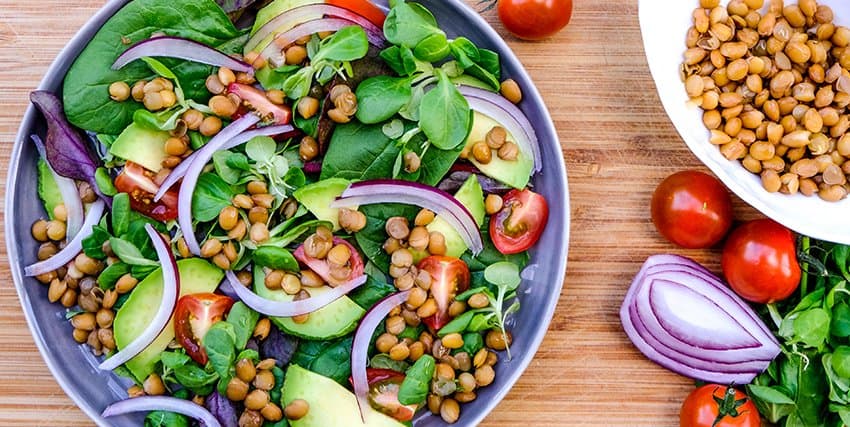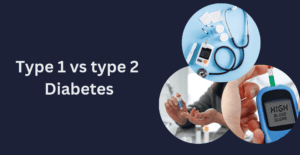How the vegetarian/vegan diet for diabetes works
Here are some examples of carbs, proteins, and fats that you can use to build meals and snacks if you’re following a vegan diet for diabetes:
- Carbs: whole grain flour (bread, pasta), rice, potatoes, oats, grits, quinoa, fruit (fresh, frozen, or unsweetened canned), corn
- Proteins: soybeans and soybean products (tofu, tempeh), beans, lentils, peas, peanuts, tree nuts, nut butter, seeds, plant-based meat alternatives
- Fats: olive oil, avocado oil, avocado, nuts and seeds, coconut, plant-based spreads
Fortunately, many plant-based foods, such as beans and grains, contain a mixture of carbs, protein, and fat. So they can pull double or triple duty in your meal planning.
Additionally, fiber — a type of indigestible carb — is found in most plant-based foods. Fiber helps make these foods more filling and may also help reduce their blood sugar impact. Based on the type of diabetes you have your physical activity level, age, sex, and several other factors. Even your healthcare team can help you pinpoint the optimal amount of carbs you need with each meal.
Benefits of the vegetarian diet:
- Promotes a healthy weight: Vegetarian diets are often lower in calories than are nonvegetarian diets. This can help with weight management. Also, people following a vegetarian diet tend to have lower body mass indexes (BMIs) than do people who follow a nonvegetarian diet. Healthy body weight can improve blood sugar control and reduce your risk of diabetes complications.
- Improves blood sugar control and insulin response: Eating vegetables, fruits, whole grains, legumes, and nuts — features of a vegetarian diet — can improve blood sugar control and make your body more responsive to insulin. This may mean taking less medication and lowering your risk of diabetes-related complications.But even a vegetarian diet can have harmful effects on blood sugar if it is rich in simple carbohydrates — especially starches, such as potatoes, pasta, white rice, and white bread.
- Reduces your risk of cardiovascular disease: A strict vegan diet is cholesterol-free, low in saturated fat, and usually high in soluble fiber. A low-fat vegetarian diet can reduce your risk of cardiovascular disease and high blood pressure. Cardiovascular disease is a common complication of people who have diabetes.
Are there any risks of the vegetarian/vegan diet for diabetes?
A healthy vegan diet is safe if you have type 1 or type 2 diabetes. It’s true that plant-based foods are lower in certain nutrients when compared to animal products. But you can still get everything your body needs on a vegan diet. You just need to:
- Plan your meals
- Get enough calories
- Eat a variety of foods
In some cases, your doctor may want you to take a vitamin supplement, too.
Conclusion:
If you’re considering a vegetarian diet, it is advisable to speak with a nutrition specialist. He or she can help you create an eating plan that provides all the necessary nutrients and the right number of calories to maintain a healthy weight. As with any diet, it’s important to stay within an appropriate calorie range to lose weight if that’s your goal.









